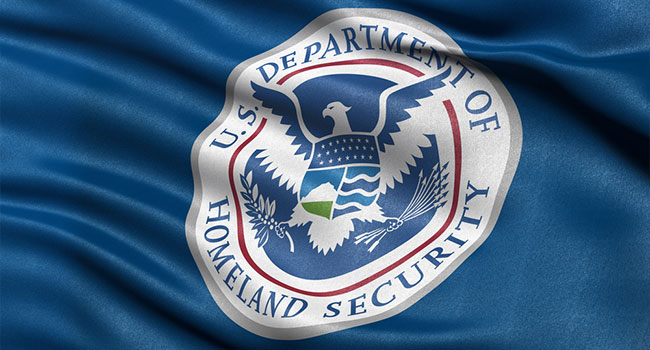
ACLU Files Lawsuit Against DHS To Turn Over Records on Facial Recognition Use at Airports
After the DHS did not respond to a January request for documents on how it is deploying facial recognition, the ACLU is now seeking legal recourse.
- By Haley Samsel
- Mar 16, 2020
Following previous legal actions to get the federal government to turn over documents related to its use of facial recognition technology and surveillance, the American Civil Liberties Union announced a new lawsuit against the Department of Homeland Security, Customs and Border Protection, the Transportation Security Administration and Immigration and Customs Enforcement.
The lawsuit, filed by the ACLU and the New York Civil Liberties Union, asks a federal court to order the DHS, ICE, TSA and CBP to release records about how those agencies are using facial surveillance at airports and what their plans are to roll out the technology in the future.
According to a March 12 ACLU blog post, records and documents include the government’s contracts with airlines, airports and companies on the technology they use; policies concerning how the government acquires and retains biometric information; and the government’s analyses of how accurate and effective facial recognition tech is.
The ACLU originally submitted a Freedom of Information Act request in January, but says its lawyers were stonewalled when seeking the sensitive records.
“That we even need to go to court to pry out this information further demonstrates why lawmakers urgently need to halt law- and immigration-enforcement use of this technology,” ACLU staff attorney Ashley Gorski wrote in the blog post. “There can be no meaningful oversight or accountability with such excessive, undemocratic secrecy.”
This latest legal action is reminiscent of an October ACLU lawsuit against the Justice Department, Drug Enforcement Administration and the FBI, which requested records of how those agencies use facial recognition. That lawsuit, too, was filed after the Justice Department and other agencies did not respond to a Freedom of Information Act request for those documents.
More than 20 million travelers entering and exiting the U.S. have had their faces scanned by CBP as of June 2019, according to the ACLU. Airlines have previously announced partnerships with the government to create facial recognition systems, including Delta, JetBlue and United Airlines, and more than 20 have committed to using the technology.
The ACLU echoed its concerns about the accuracy of facial recognition when it comes to people of color and women. A December report by the National Institute of Standards and Technology, a federal agency, found that a majority of commercial facial recognition systems were less accurate when identifying people of color, specifically African-Americans, Native Americans and Asians.
Even if the ACLU believed facial recognition technology was accurate, its deployment at airports raises “profound civil liberties concerns,” Gorski wrote.
“The public urgently needs more information about how the government and airlines are using this information, what privacy protections exist, and the extent to which CBP’s and TSA’s use of the technology discriminates on the basis of race or other characteristics,” Gorski wrote.
About the Author
Haley Samsel is an Associate Content Editor for the Infrastructure Solutions Group at 1105 Media.